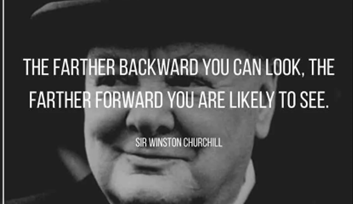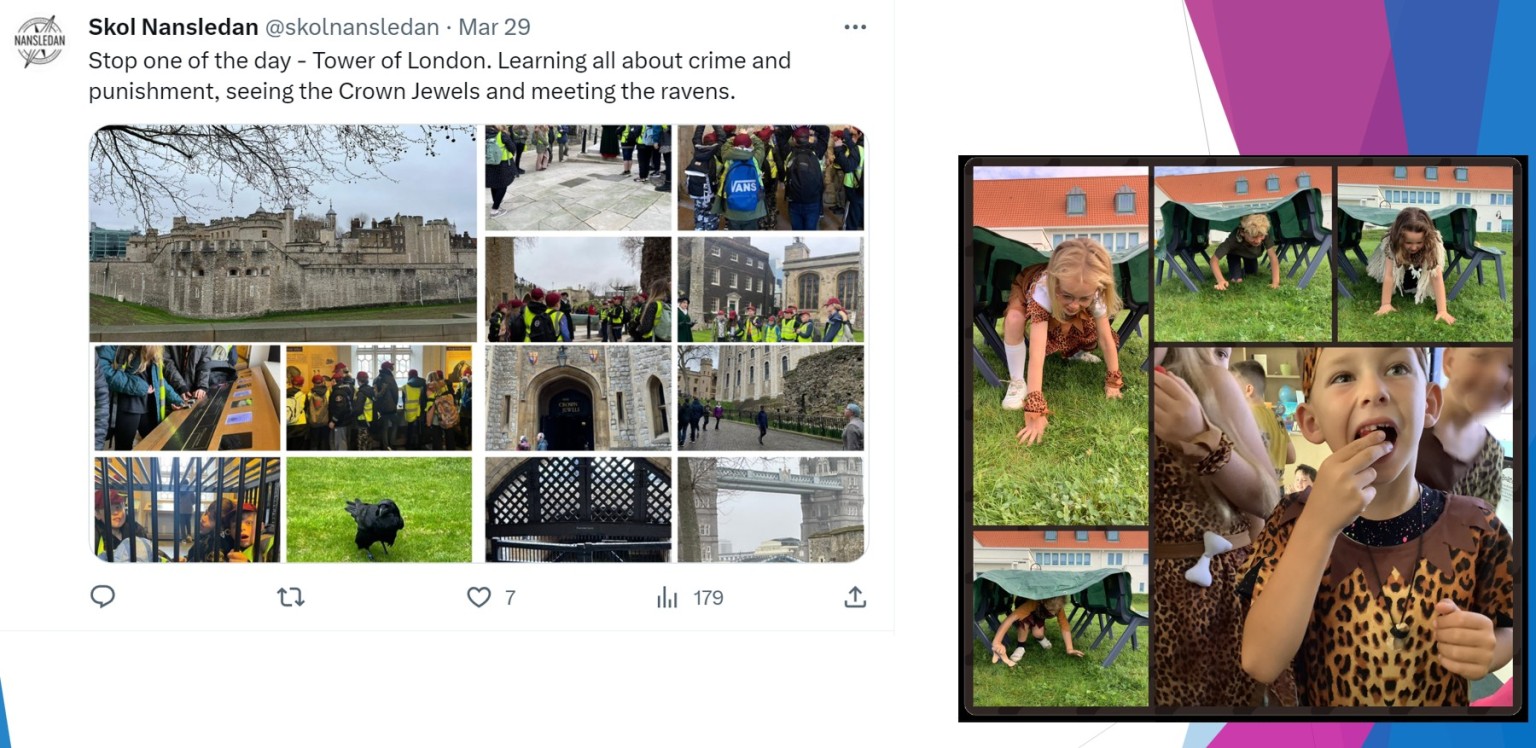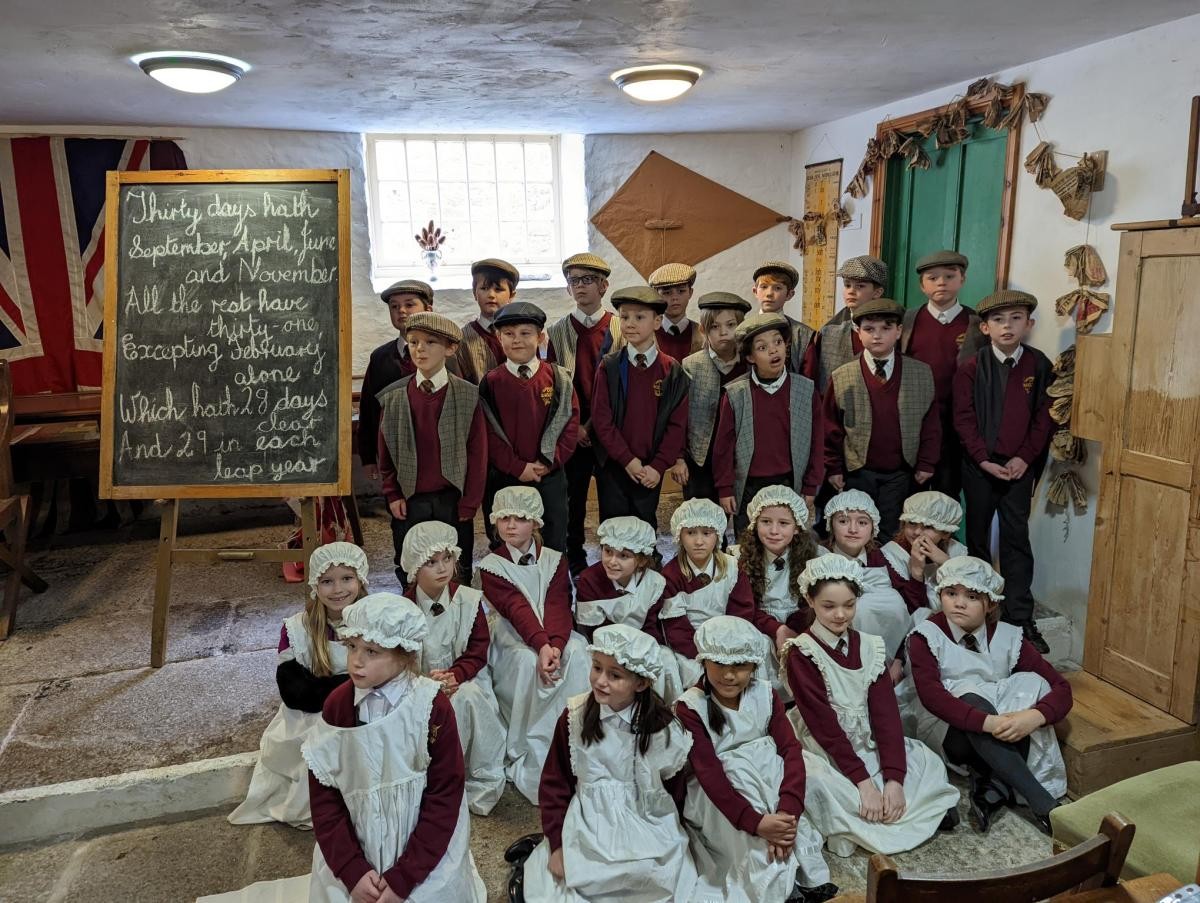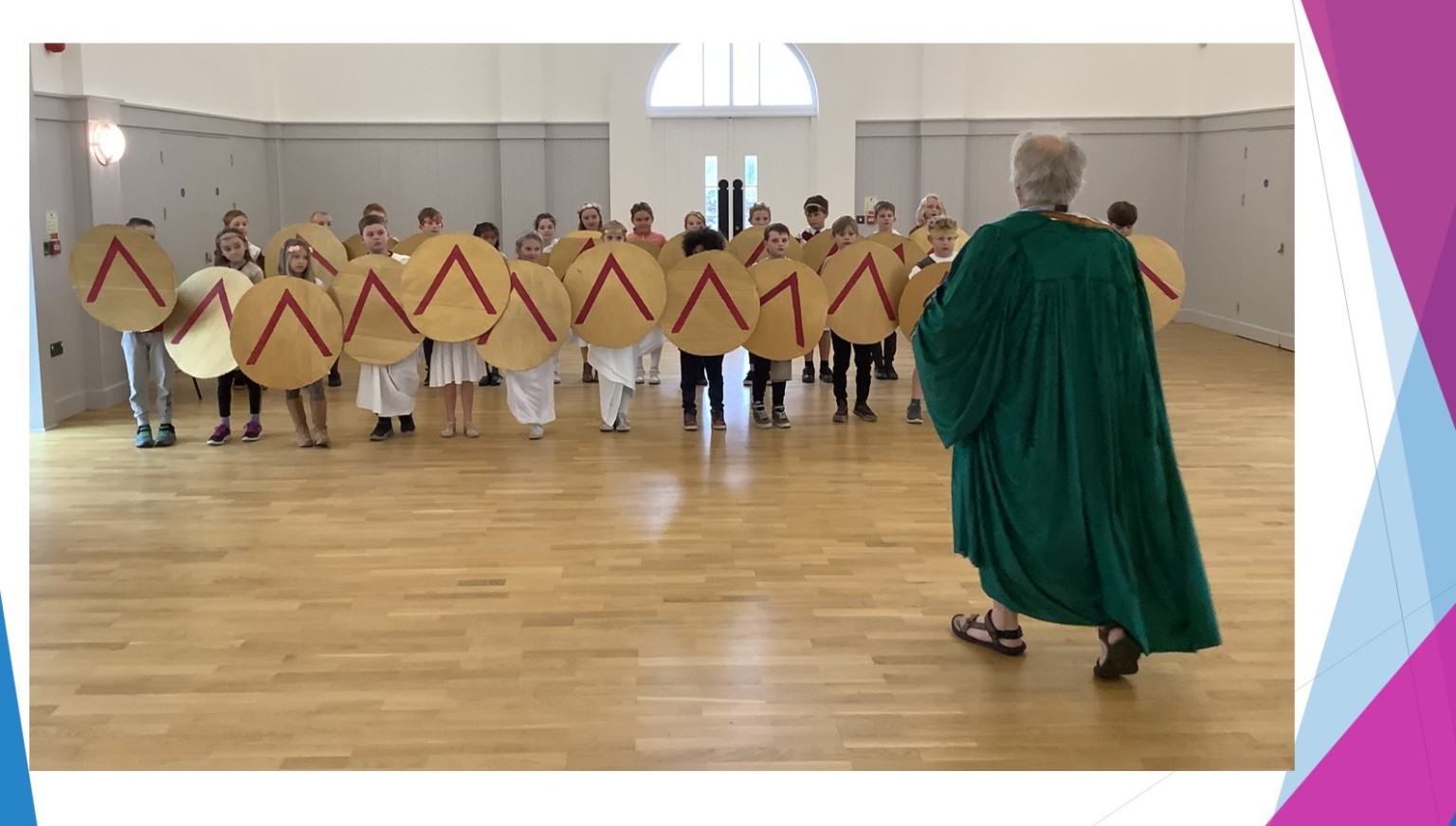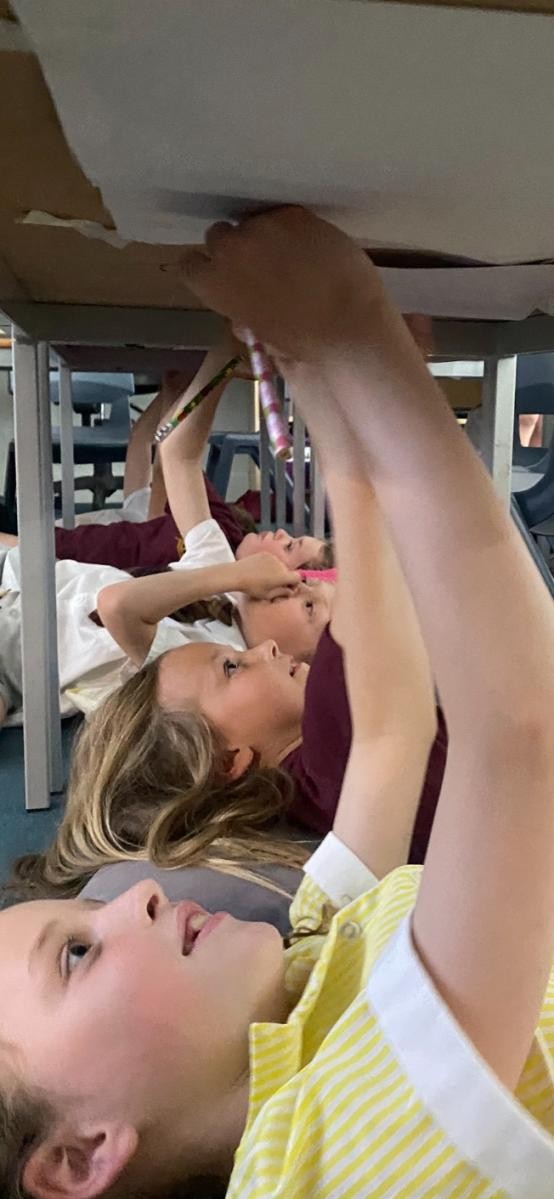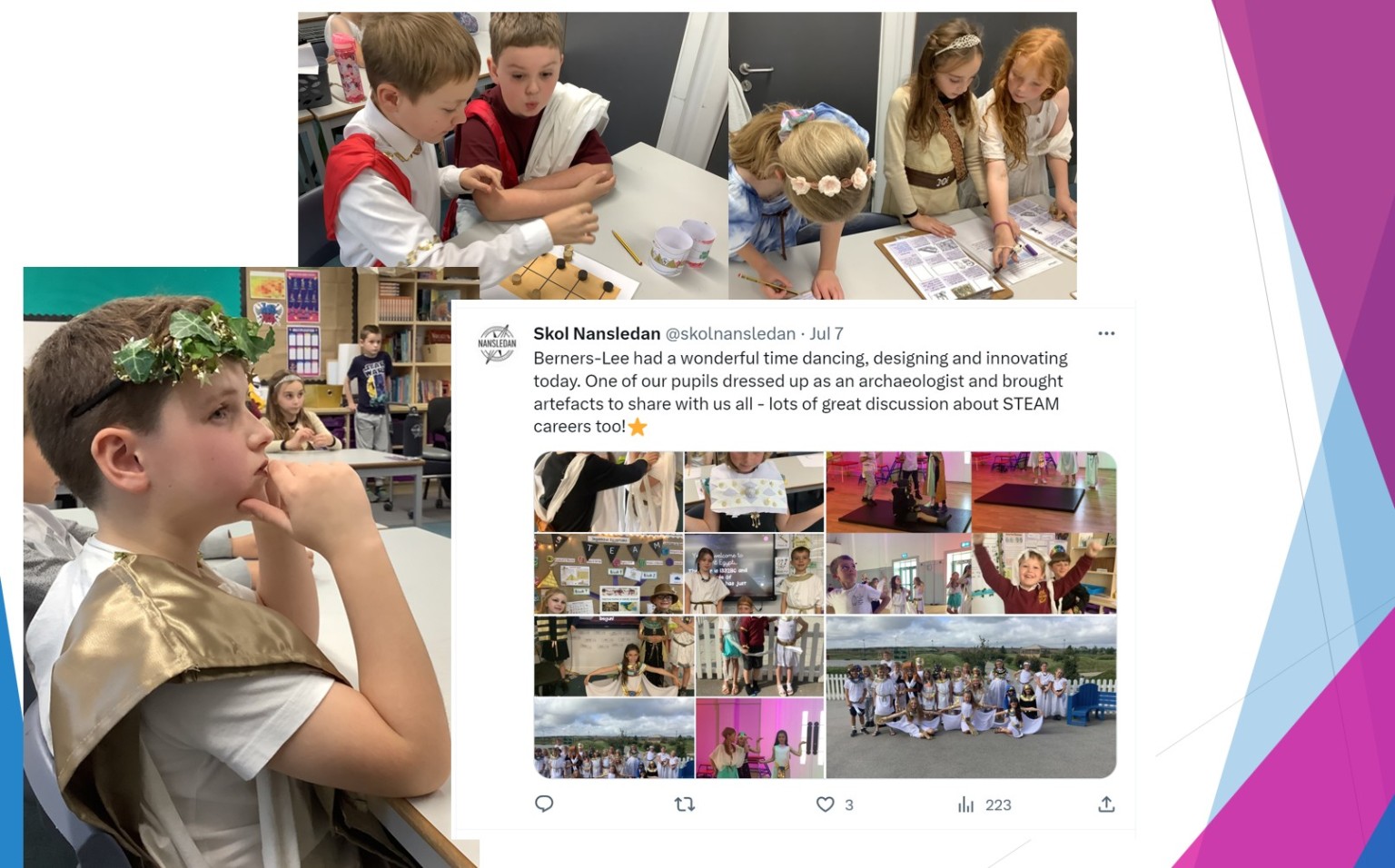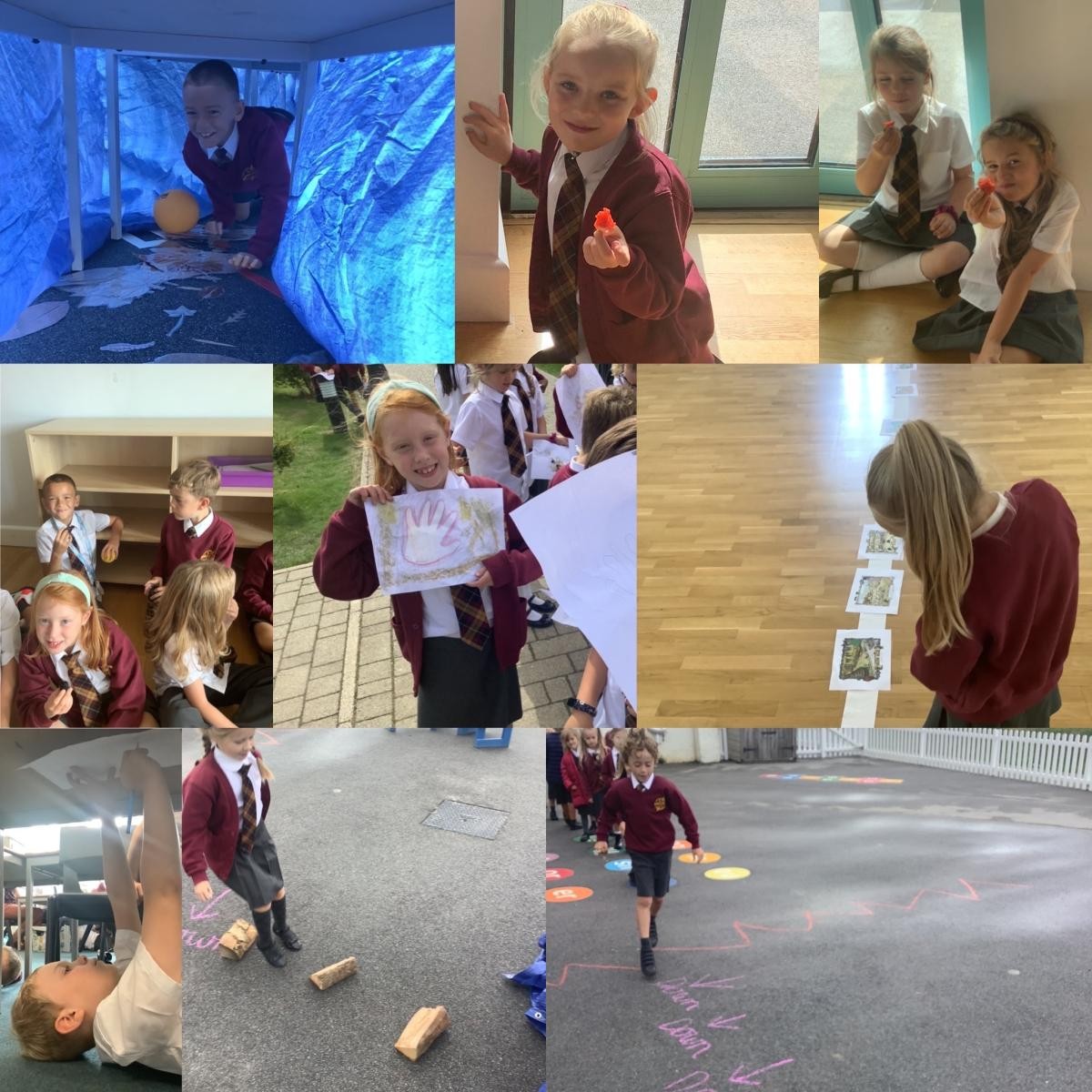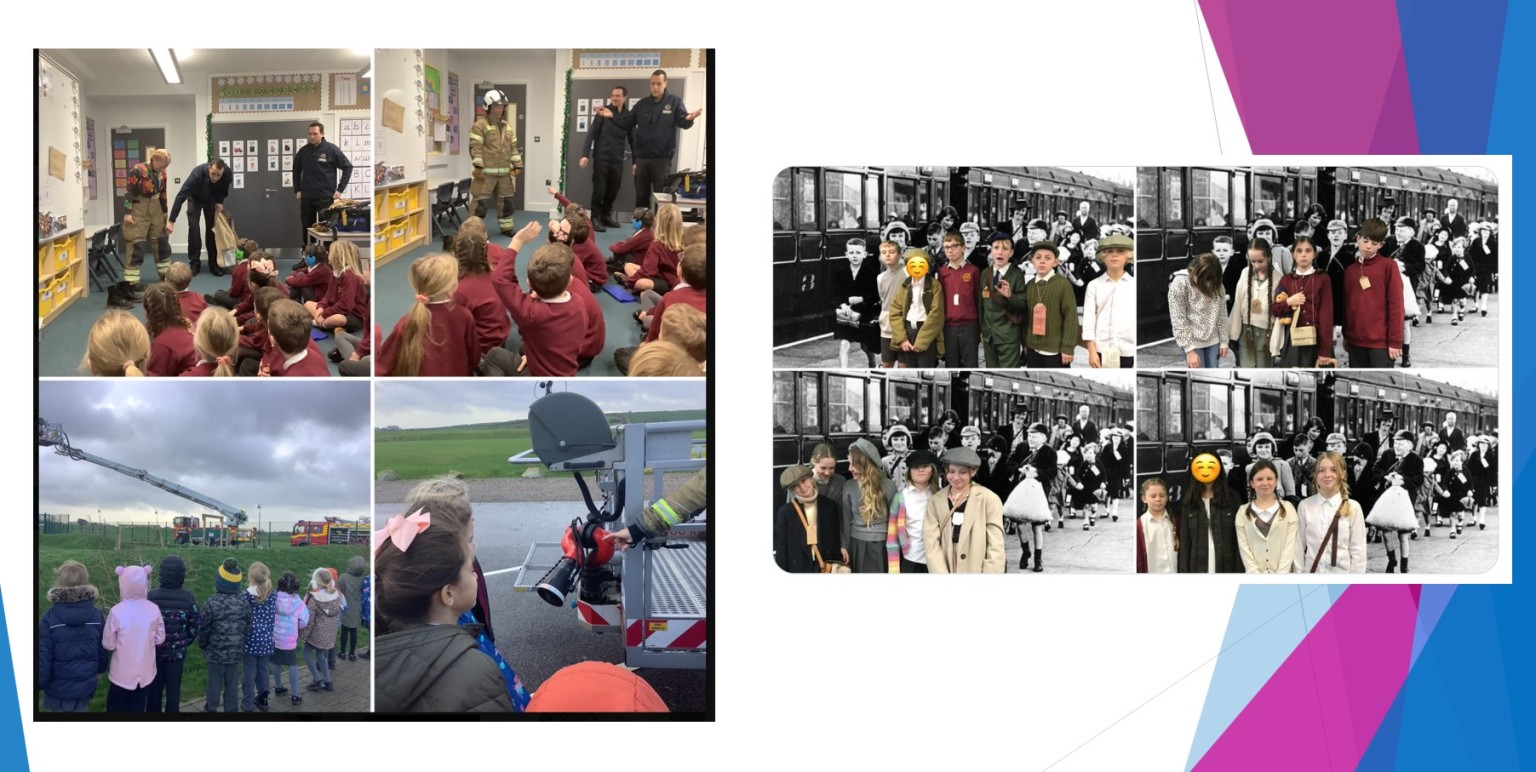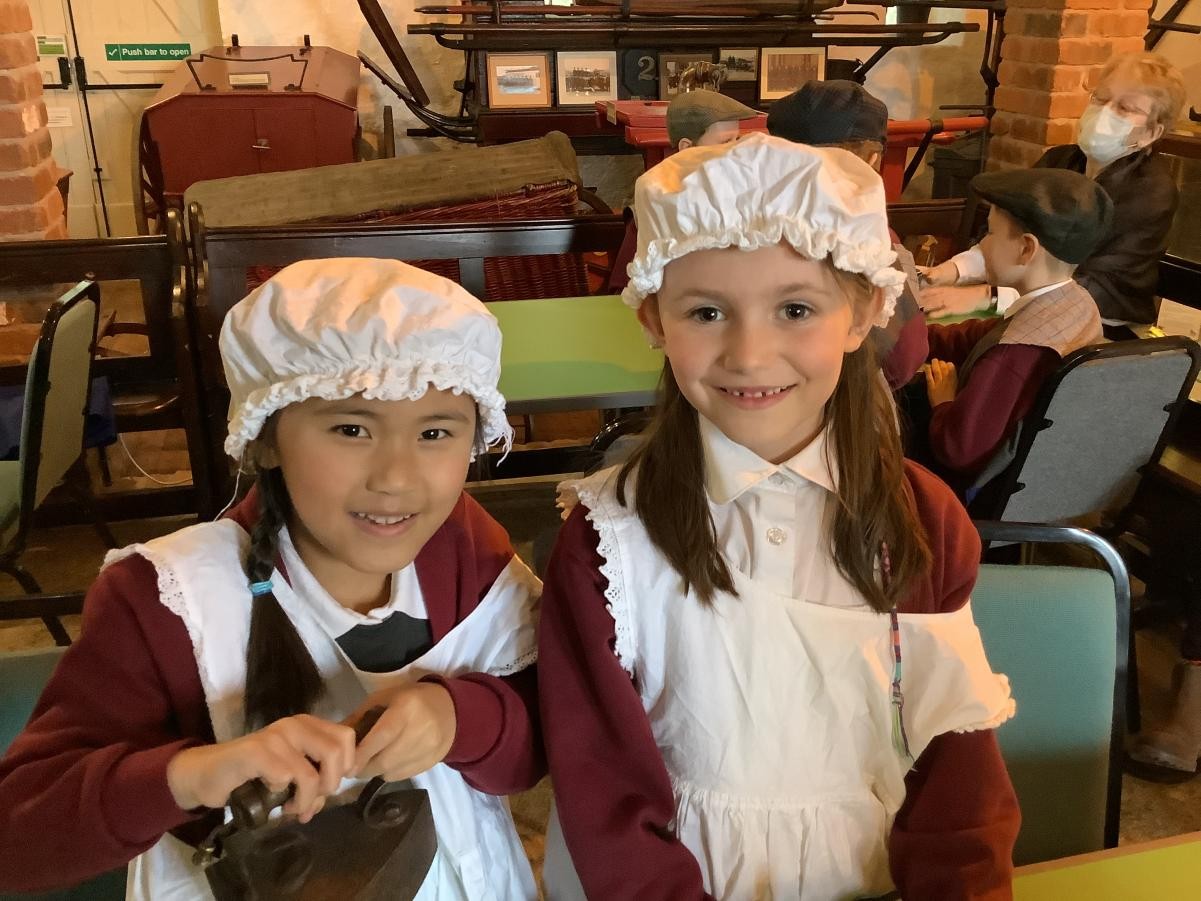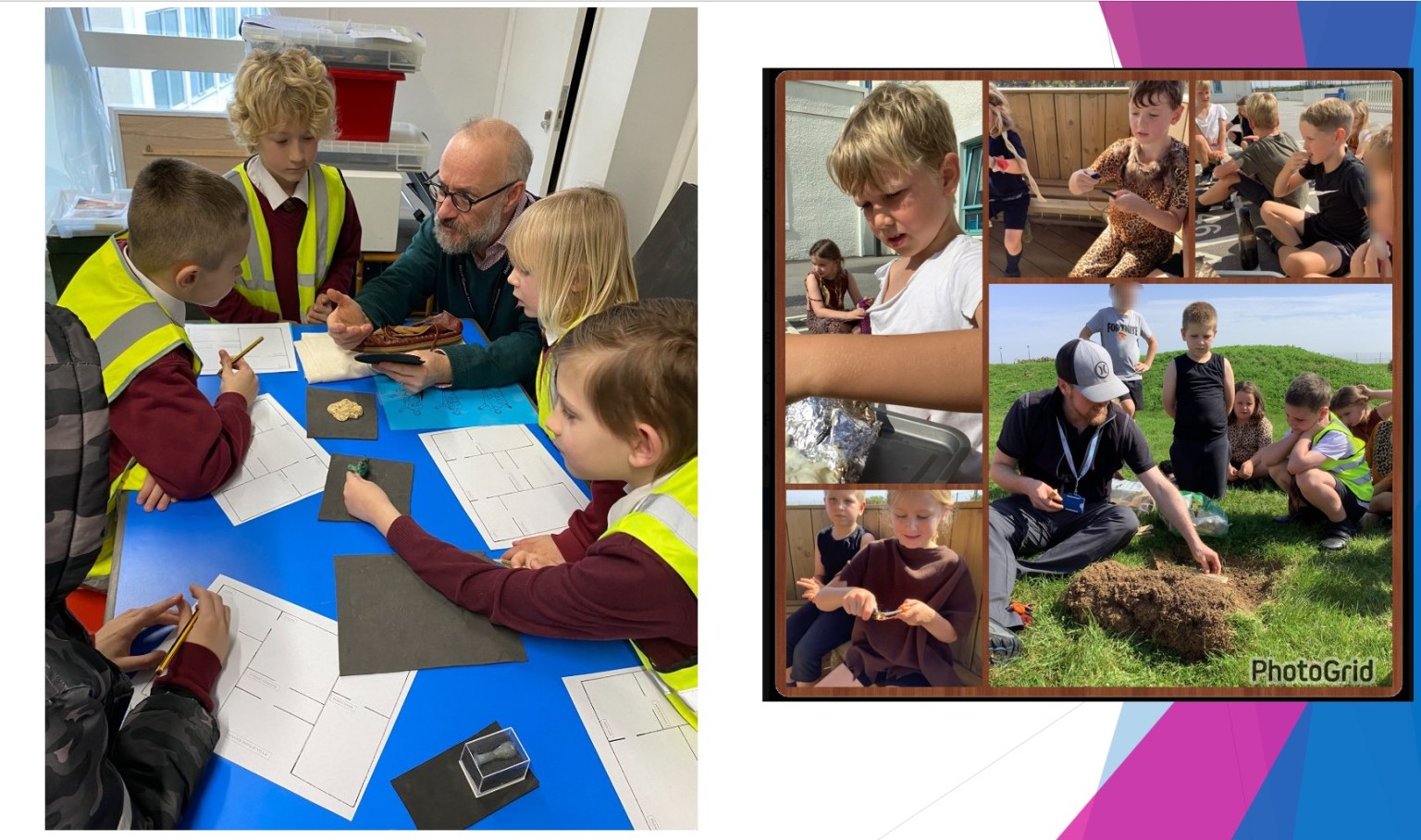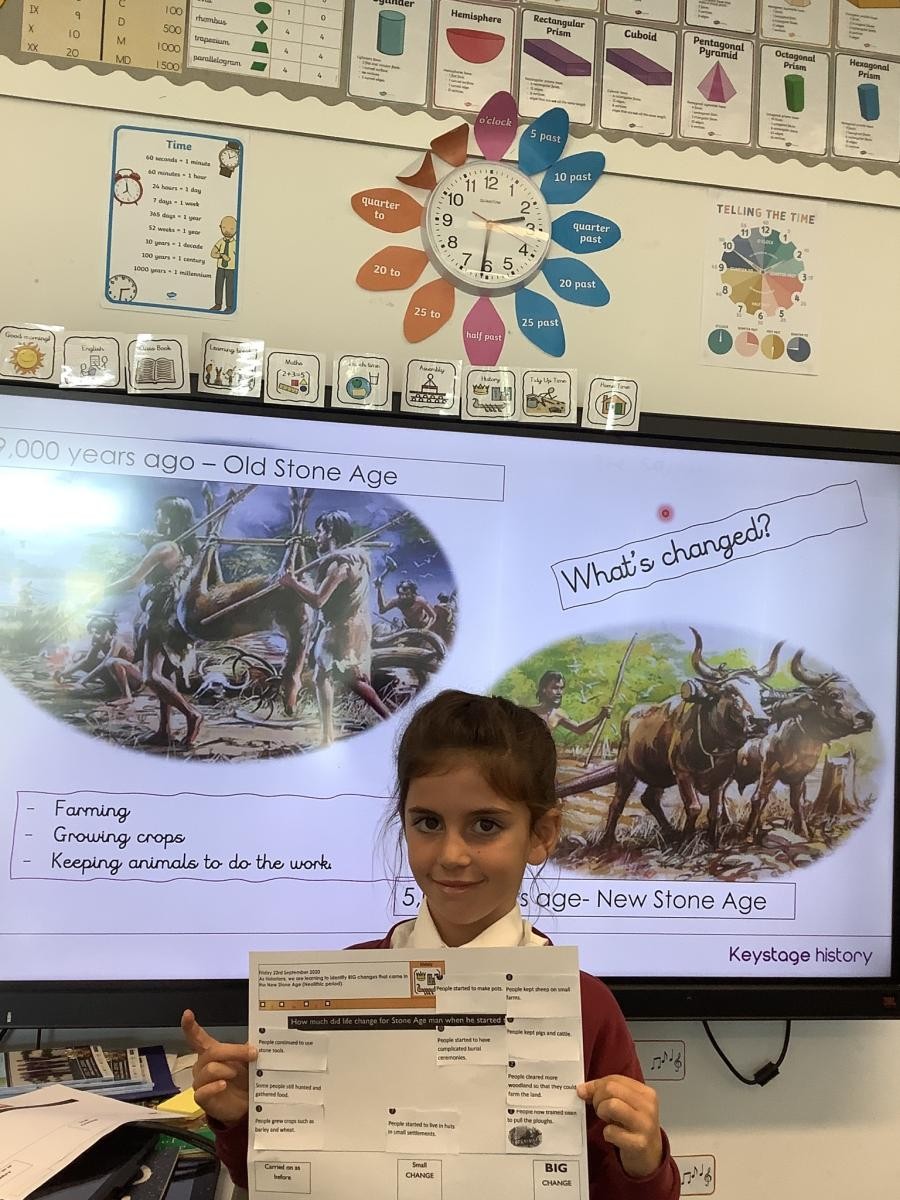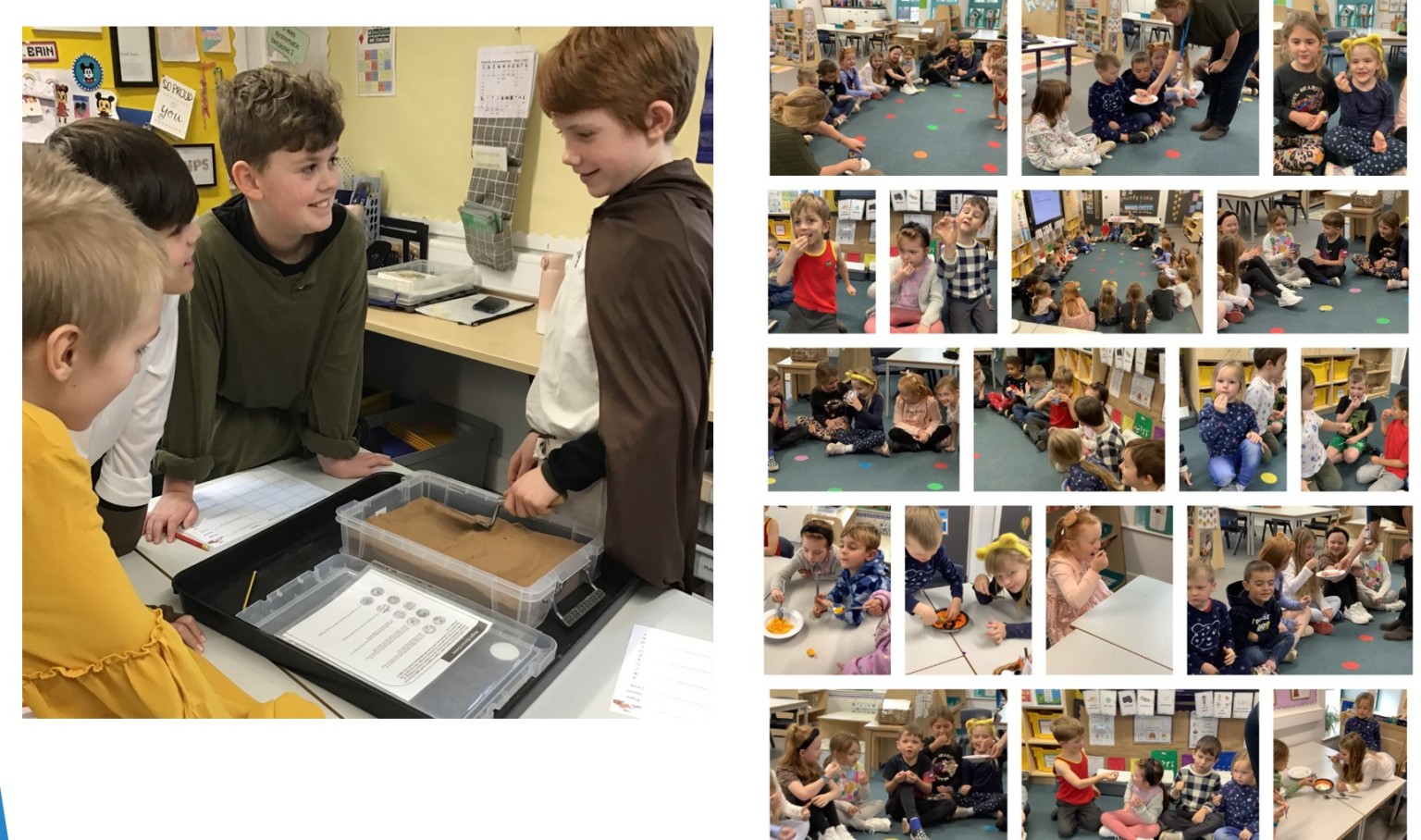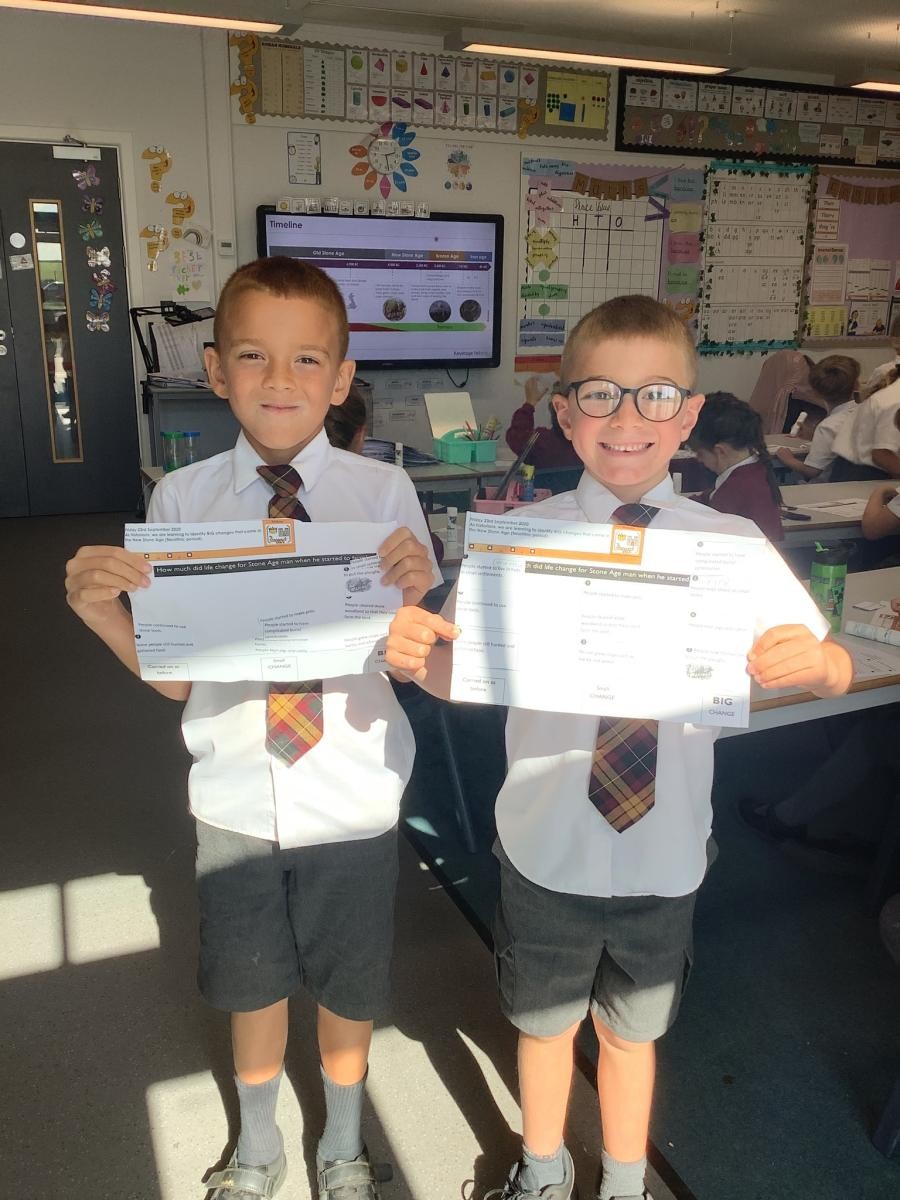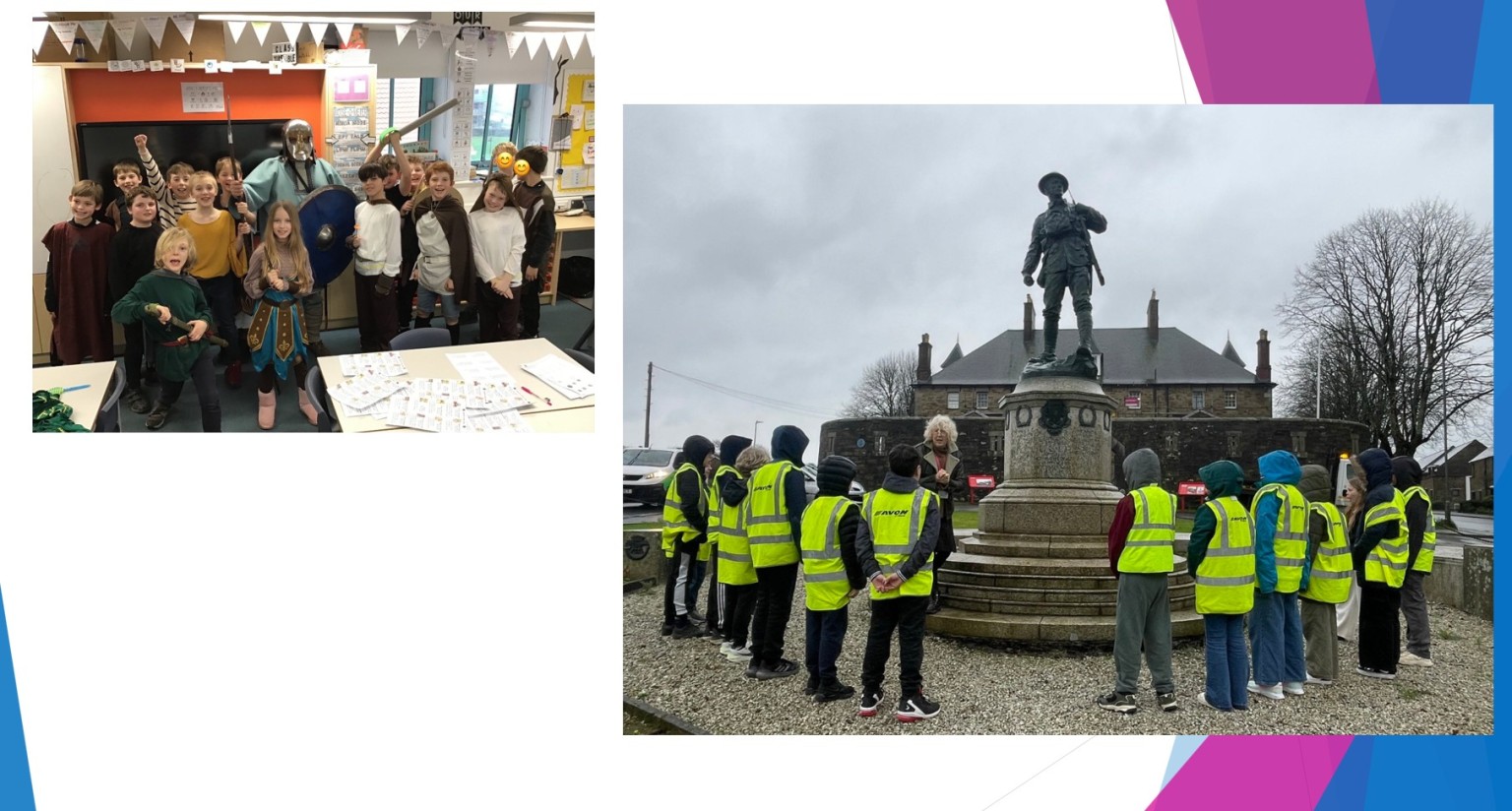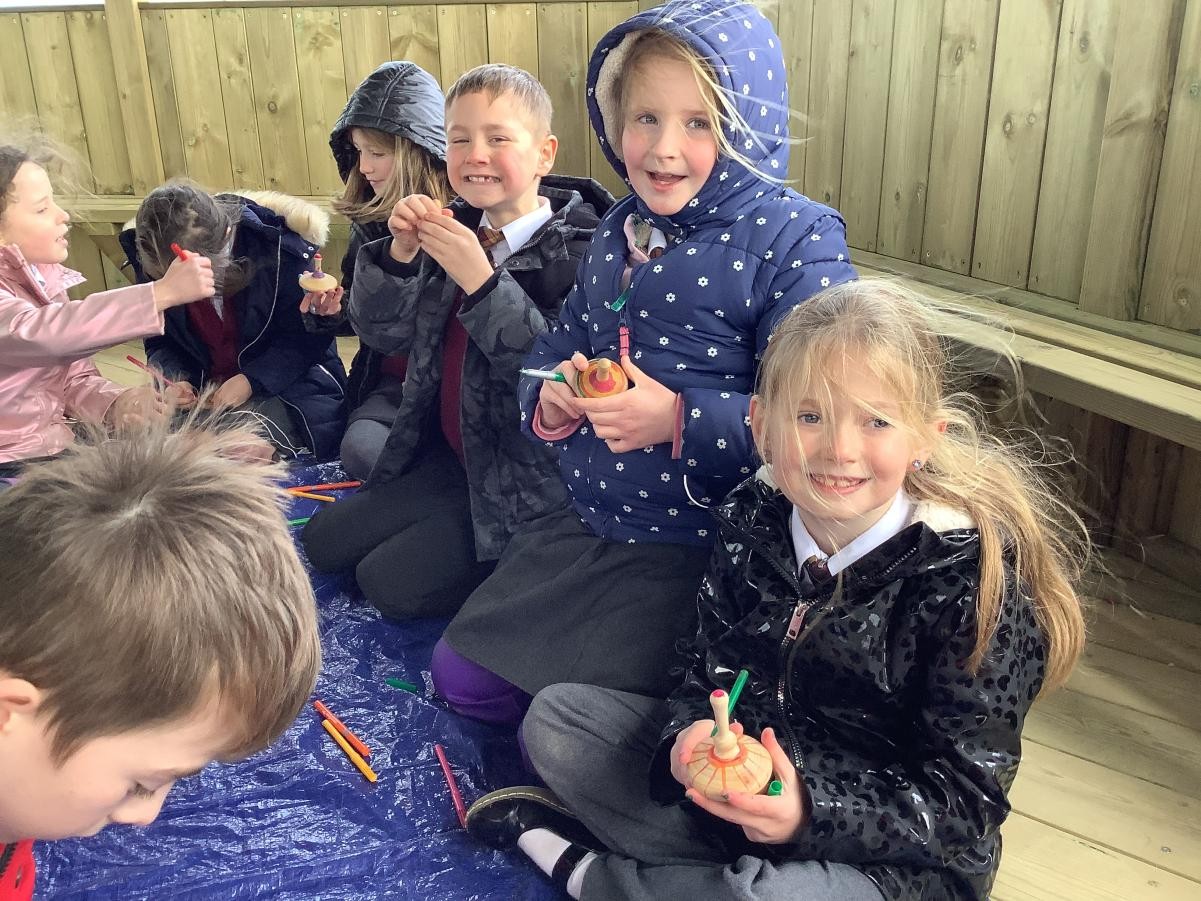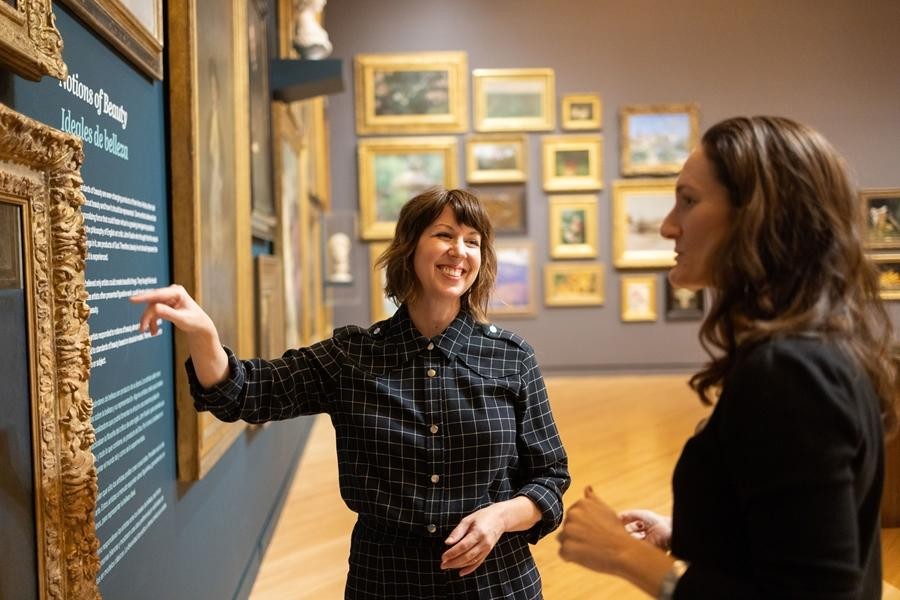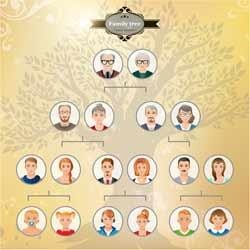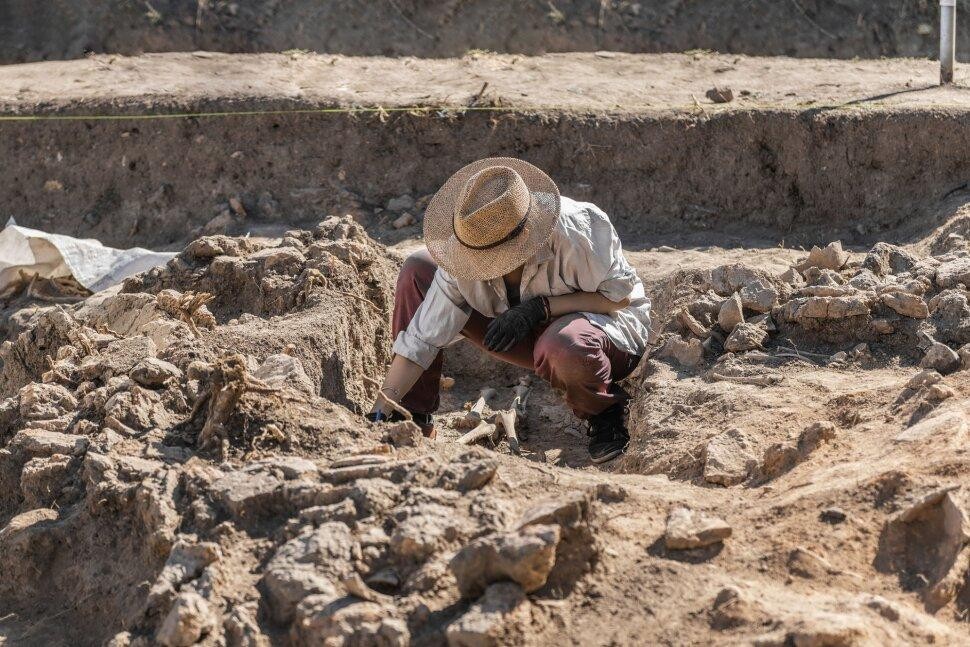History at Nansledan
In order to teach today's learners to become tomorrow's leaders we must reflect and learn about our past.
Studying History ignites children’s natural curiosity about the past in Britain and the wider world. Through finding out about how and why the world, our country, culture and local community have developed over time, children at Nansledan understand how the past influences the present. History enables our children to develop a context for their growing sense of identity and a chronological framework for their knowledge of significant events and people. What they learn through history influences their decisions about personal choices, attitudes and values, allowing them to succeed both academically and in character. History forms part of the 'Arts' strand of the STEAM curriculum, through exploration as a humanities' subject.
History aims:
We endeavour for our children to have real life experiences, reflect on the past and learn about history in an active and creative way and therefore visitors, trips and cross-curricular links form a fundamental part of our STEAM curriculum.
At Nansledan we follow the Statutory Framework for the Early Years Foundation Stage and the History National Curriculum for England. For more information relating to this please see the information and links below:
In Reception, History is incorporated within the 'Understanding of the World' strand under the EYFS programme of study. Children will develop their understanding of the past and now. They learn about their lives and their family history within the topic 'Marvellous Me'. They will begin to develop their understanding of change and aging when talking about their family members. Children will compare and contrast characters from stories including figures from the past such as kings, queens, and famous people that provide the foundations for historical concepts whilst studying the topic 'Once upon a time'. Children will also compare familiar situations in the past through the topics of 'Terrific Transport' and 'Holidays'.
The National Curriculum for History aims to ensure that children from Year 1 through to Year 6:
- Investigate, consider, reflect and review the events of the past.
- Communicate their historical knowledge in increasingly sophisticated ways.
- Inspire pupil’s curiosity to know more about the past.
- Know and understand the history of these islands as a coherent, chronological narrative, from the earliest times to the present day: how people’s lives have shaped this nation and how Britain has influenced and been influenced by the wider world.
- Know and understand significant aspects of the history of the wider world: the nature of ancient civilisations; the expansion and dissolution of empires; characteristic features of past non-European societies; achievements and follies of mankind.
- Gain and deploy a historically grounded understanding of abstract terms such as ‘empire’, ‘civilisation’, ‘parliament’ and ‘peasantry’.
- Understand historical concepts such as continuity and change, cause and consequence, similarity, difference and significance, and use them to make connections, draw contrasts, analyse trends, frame historically valid questions and create their own structured accounts, including written narratives and analyses.
- Understand the methods of historical enquiry, including how evidence is used rigorously to make historical claims, and discern how and why contrasting arguments and interpretations of the past have been constructed.
- Gain historical perspective by placing their growing knowledge into different contexts, understanding the connections between local, regional, national and international history; between cultural, economic, military, political, religious and social history; and between short- and long-term timescales.

